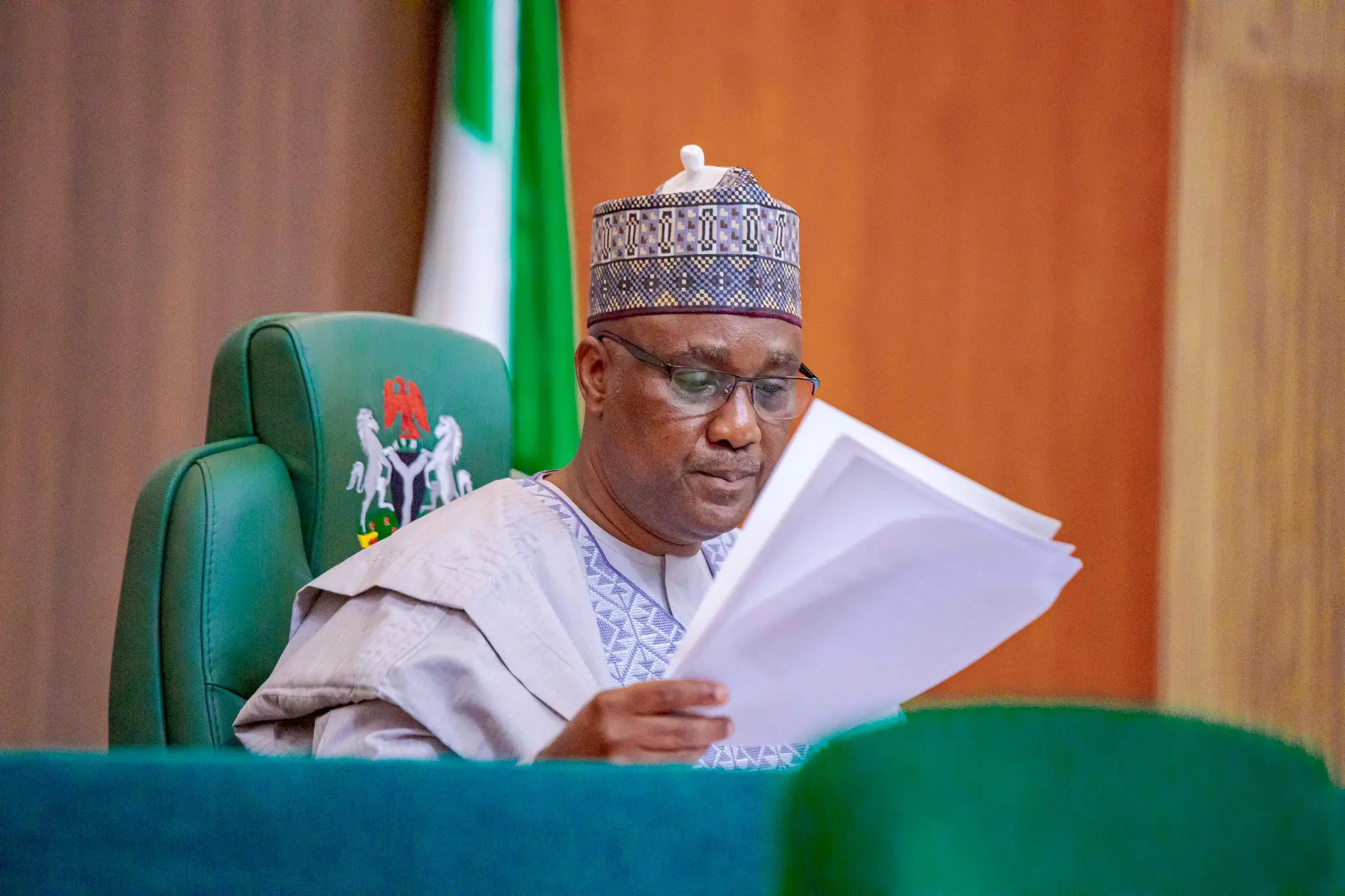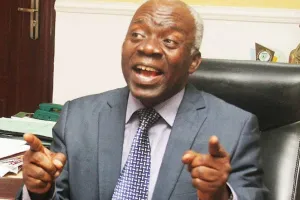The Speaker of the Nigerian House of Representatives, Abbas Tajudeen, has officially withdrawn the controversial Compulsory Voting Bill that aimed to amend the Electoral Act 2022, following significant public outcry and opposition from legal experts.
The withdrawal was announced on Monday through a statement released by the speaker's special adviser on media and publicity, Musa Abdullahi Krishi, who explained that the decision was made to create room for further dialogue on the contentious legislation.
"Following extensive consultations with a broad spectrum of stakeholders, he has decided to withdraw the Bill to Amend the Electoral Act 2022 to make voting mandatory for all eligible Nigerians, which he co-sponsored with Hon. Daniel Adama Ago," the statement read.
The statement further explained that the withdrawal "will allow time for further dialogue on how best to cultivate a culture of voluntary participation that honours both our democratic ideals and the rights of our citizens."
The bill, which had already passed second reading in the House of Representatives in mid-May, proposed to make voting compulsory for all eligible Nigerian citizens. If enacted, the legislation would have fundamentally altered Nigeria's electoral system by removing the element of choice in electoral participation.
The proposal faced strong opposition from various quarters, most notably from senior legal practitioners. Human rights activist and lawyer Femi Falana was among the prominent voices that criticized the bill, arguing that mandatory voting contradicts fundamental democratic principles of freedom of choice.
Political analysts have noted that while the intention behind the bill might have been to increase voter participation and strengthen Nigeria's democracy, the approach of making voting compulsory raised significant constitutional and rights-based concerns.
The withdrawal represents a significant retreat for the legislative leadership, which had initially pushed the bill forward despite early signs of public disapproval. It also highlights the impact of civic engagement and expert opinion in shaping Nigeria's legislative process.
The Speaker's office has not indicated whether a revised version of the bill will be introduced in the future or if the concept of mandatory voting has been abandoned entirely.













